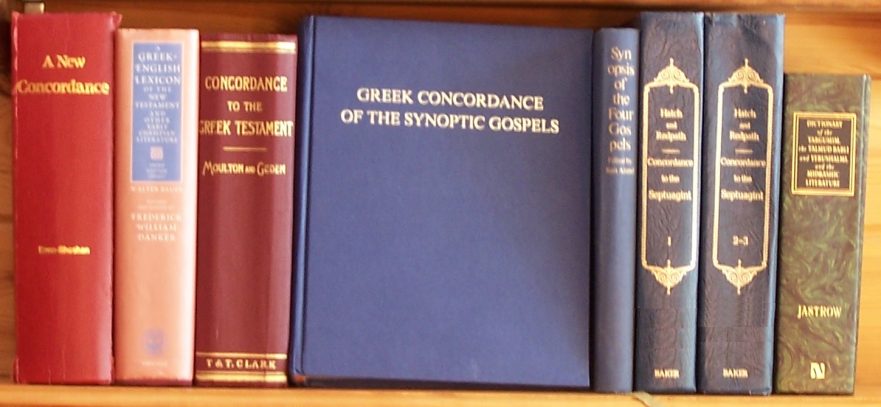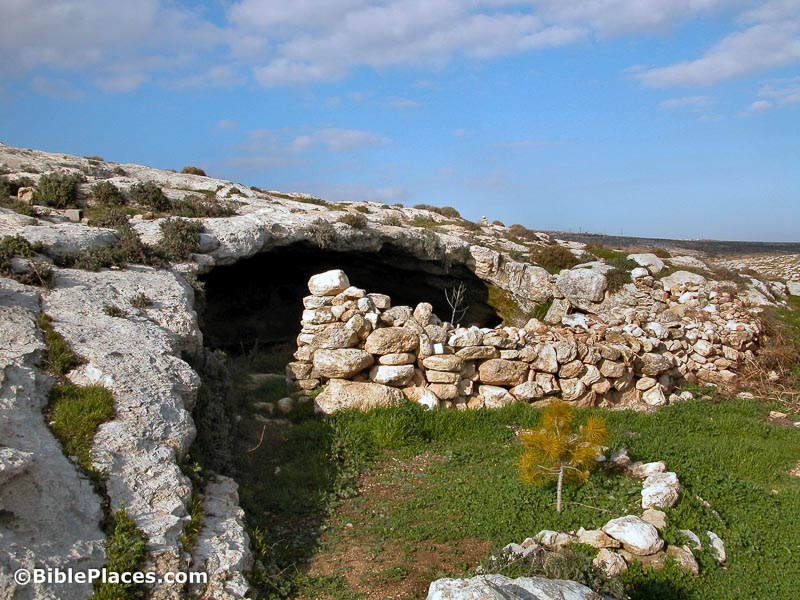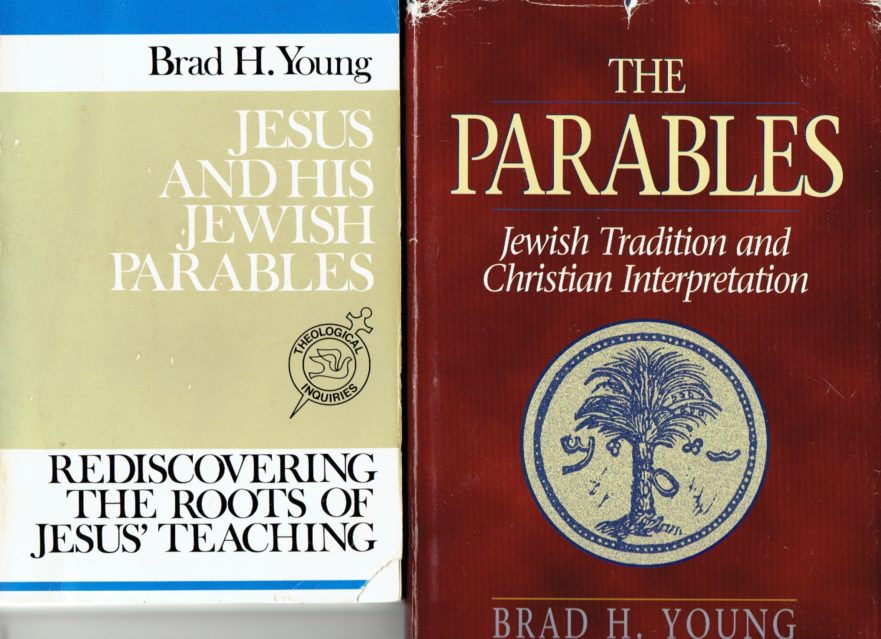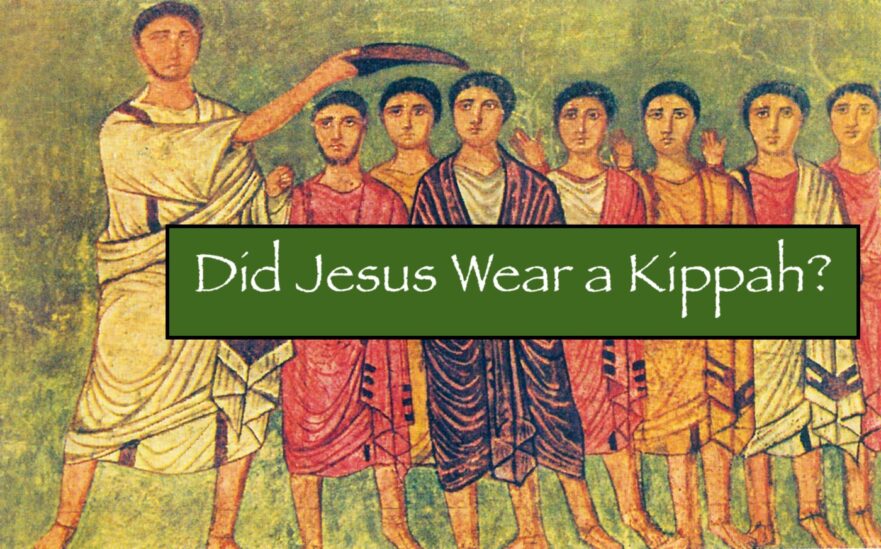Although priests wore a turban-like headdress, other Jews of the Second Temple period did not wear a headcovering.
Book Review: Robert Lindsey’s A Comparative Greek Concordance of the Synoptic Gospels

With the publication of the third and final volume of A Comparative Greek Concordance of the Synoptic Gospels, Dr. Robert Lindsey has given to the scholars who have been following his work, as well as to future scholarship, a necessary tool for the study of the synoptic Gospels.
A New Solution to the Synoptic Problem

The many similarities among the Synoptic Gospels suggest a literary interdependence.
What Is the Priest Doing? Common Sense and Culture

Common sense is connected to cultural expectations. What is understandable in one culture may be opaque in another.
The Kingdom of God: God’s Power Among Believers

One of the greatest theological controversies in the last century concerns the meaning of the terms “Kingdom of God” and “Kingdom of heaven.” Because scholars have not given adequate attention to the fact that these are completely Hebraic terms, confusion has arisen concerning the period of time to which the Kingdom refers, who takes part in it and the exact nature of the Kingdom. Examining relevant Gospel passages in their Hebraic context will clarify what Jesus meant when he spoke of the “Kingdom of God” or the “Kingdom of heaven.”
The Kingdom of Heaven Is Like a Seine

The seine was used in the Sea of Galilee until the 1950s, and my experiences in the early days of modern Jewish fishing on the Sea of Galilee have given me some practical insight into its use.
The Sea of Galilee

According to the Gospels, Jesus’ earthly ministry centered around the Sea of Galilee. While important events occurred in Jerusalem, the Lord spent most of the three years of his ministry along the shore of this freshwater lake.
Pilgrimage in the Time of Jesus

During the Second Temple period pilgrimage was associated with the festivals of Passover, Shavuot and Sukkot.
By the Finger of God

Jesus’ ministry of miracles and deliverance occasionally brought him into conflict. One of the most intriguing controversies concerned the accusation by a group of Pharisees called “Jerusalem scribes” that Jesus had accomplished the healing of a dumb man with the aid of the prince of demons.
Understanding Parables

The rabbis taught, “Do not underestimate the value of parables, because by means of parables a person can master the words of Torah” (Song of Songs Rabbah 1:8).

